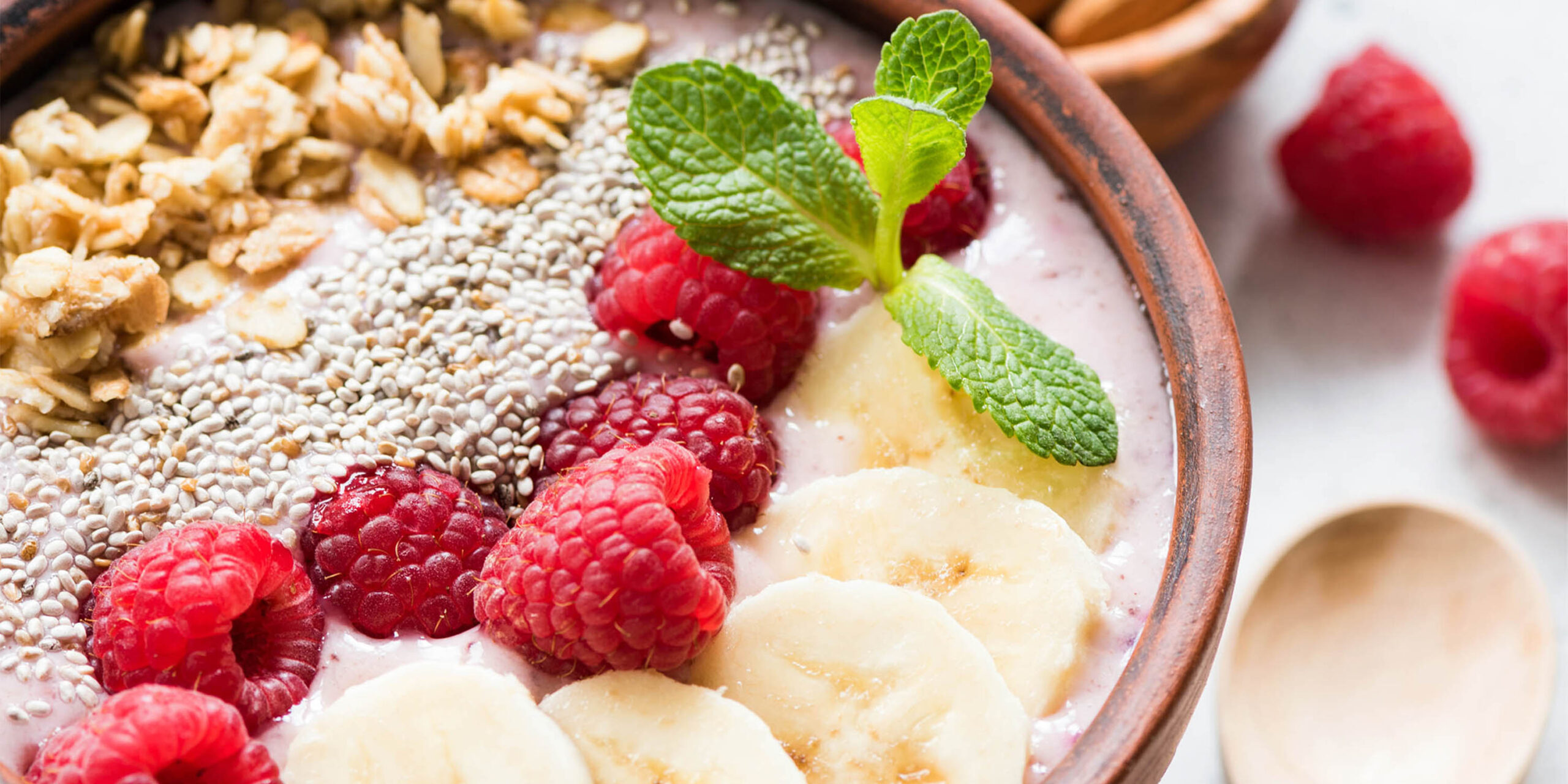By Barbara Broggelwirth RDN, CDN
It is no secret that the standard American diet is very high in added sugar, so much so that the food label is being modified to mandate food manufacturers to list “added sugars” under “total sugar” in order to prevent them from hiding it and deceiving the public.
According to the USDA, intake of dietary fructose (form of sugar) has increased 1,000% with the introduction of high fructose corn syrup (HFCS) in the 1970’s (1). Added sugars like HFCS are correlated with rising obesity rates, metabolic syndrome, non-alcoholic fatty liver disease and of course, type 2 diabetes (2).
Why is sugar so compelling? After we consume sugar, it signals our brain to produce “feel good hormones” like dopamine and serotonin while simultaneously releasing hormones that cause us to remember the experience and make it happen more often. In other words, sugar “lights up” areas of our brain like addictive opioids and nicotine (3).
Public health initiatives geared toward raising awareness about added sugars have resulted in consumers seeking alternative sweeteners. Artificial sweeteners were the only alternative until recently with the introduction of “natural” sweeteners. The use of the word natural can be confusing because highly processed and refined products like stevia label themselves as natural due to the fact that they are derived from a natural source and artificial sweeteners like sucralose are derived from naturally occurring substances that come from sugar. These products are also not all low in sugar.
Below is a review of some popular natural sweeteners trending today:
Coconut palm sugar – Made from boiling down the nectar of coconut plant flowers, this sweetener is 70 to 80 percent sucrose (table sugar) and has the same number of calories as table sugar.
Date sugar – It’s simply dried dates ground into a fine powder. It contains all the fruit’s nutrients — vitamins, minerals, antioxidants, and fiber but you’d have to eat a lot of it to get a substantial amount of nutrition. It is 10 calories per teaspoon, which is about one-third less calories than regular sugar. It also provides fiber and potassium, contributing 1 percent of the Daily Value of potassium and two percent of fiber per teaspoon.
Stevia – Also known as sweet leaf or honey leaf, is about 200 times sweeter than table sugar and has no calories.
Monk fruit – also known as luo han guo, is 200 times sweeter than table sugar and has no calories.
Yacon syrup – harvested from the yacon plant, it contains a high amount of a fiber called fructans which have been shown to contribute to beneficial gut bacteria as well as increase transit time in colon. Because of the high fiber content, it has less calories than sugar – about 20 calories per tablespoon compared to 48 calories in table sugar.
Tagatose – Tagatose is a low-carbohydrate sweetener similar to fructose that occurs naturally but is manufactured from the lactose in dairy products.
Agave syrup – Agave is a desert plant harvested to make tequila and sweet syrup. It has been touted as having beneficial effects on insulin levels due to containing fiber known as fructans, but this fiber is extracted out in processing.
Bottom line: Switching to any of these sugars will not make or break your diet. After all, a brownie is still a brownie, whether it is made with regular sugar or a natural sugar substitute. And as with any sugar, if consumed in excess it may contribute to unwanted weight gain.
References:
- USDA ERS – Sugar and Sweeteners Yearbook Tables. Ers.usda.gov. https://www.ers.usda.gov/data-products/sugar-and-sweeteners-yearbook-tables.aspx. Published 2020. Accessed January 6, 2020.
- Collison K, Saleh S, Bakheet R et al. Diabetes of the Liver: The Link Between Nonalcoholic Fatty Liver Disease and HFCS-55. Obesity. 2009;17(11):2003-2013. doi:10.1038/oby.2009.58
- A Bittersweet Truth: The Neuroscience of Sugar and Addiction » Brain World. Brain World. https://brainworldmagazine.com/a-bittersweet-truth-the-neuroscience-of-sugar-and-addiction/. Published 2020. Accessed January 6, 2020.
Barbara Broggelwirth RDN, CDN is a registered dietitian nutritionist who works with Bariatric and Medical Weight Management patients to help them achieve their health and weight loss goals.

